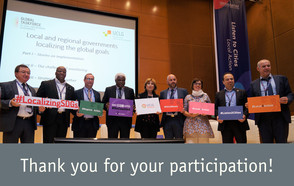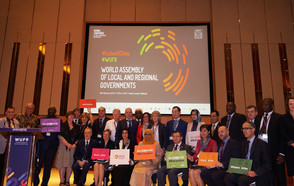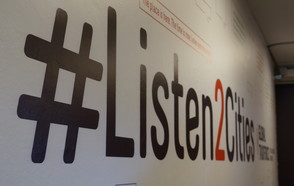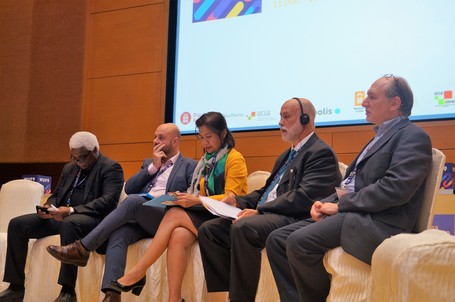
The proliferation of observatories and monitoring platforms is one of the most visible results of the growing need for local and regional governments to contribute to the reporting processes on global agendas (Sustainable Development Goals (SDGs), New Urban Agenda, Climate Agreements, etc.) and improve the mechanisms of knowledge exchange.
During the recent World Urban Forum 9 in Kuala Lumpur, on February 11, 2018, the Province of Barcelona organized a session that involved eight different observatories and platform within UCLG and the Global Taskforce of Local and Regional Governments: 1) the Global Observatory on Local Democracy and Decentralization (GOLD); 2) the Observatory on Decentralized Cooperation (led by the Province of Barcelona and the city of Montevideo); 3) the Metropolis observatory on large urban areas; the observatories of 4) UCLG Africa and 5) UCLG-ASPAC that have assessed the evolution of institutional contexts for local governments; 6) the International Observatory on Participative Democracy (IOPD); 7) the CarBonn Climate Registry on carbon emissions in cities, managed by ICLEI; and 8) the LocalizingtheSDGs.org online platform, co-created and managed by UNDP, UN-Habitat and the Global Taskforce.
The panelists shared the belief that this kind of initiative is significantly strengthening local governments’ impact on decisions taken at the level of national governments, on those institutions working for regional integration (this was the case, for instance, with decentralization trends in Africa), as well as on international institutions – in the process of localization of the SDGs, for example, or CO2 reduction policies in compliance with the COP 21 commitments and the Paris Climate agreements. The reports that these observatories have been producing, coupled with relevant data and examples from actual practices, have shed light on development priorities as seen from the territories, and have supported the emergence of a new discourse, an alternative to the narrative on the global agendas promoted by large 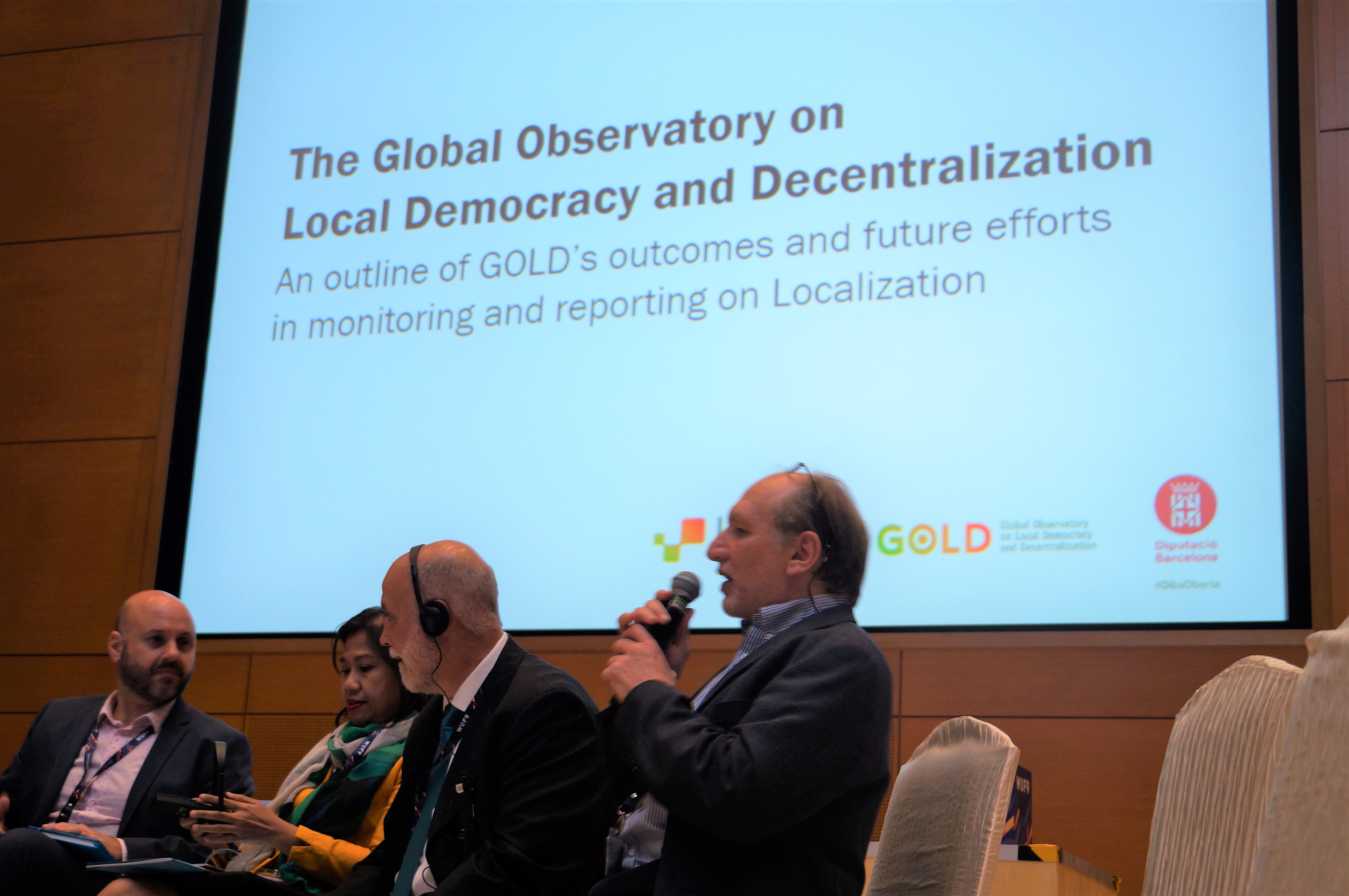 international institutions.
international institutions.
The session also showed, that in spite of the emergence of important similarities and shared vision, each platform and observatory has been able to develop a distinctive method and approach. In several cases, the effort has focused on information exchange among local and regional governments; in other instances, several initiatives sought to contribute to the global debate from the perspective of local authorities, or even foster new alliances with a broader spectrum of partners and actors (e.g., the collaboration with the private sector in the definition of an effective carbon registry). The panelists agreed on maintaining this exchange constant and lively, in order to strengthen their synergy in the monitoring and reporting process before regional and international institutions.
Also in the framework of the World Urban Forum, on February 10, LSE Cities at the London School of Economics, in collaboration with UN-Habitat, the Province of Barcelona and UCLG, had organized another session to present a joint project for an Urban Governance Observatory. The plan built on the joint effort ahead of the Habitat III summit, Policy Unit 4 on Urban Governance, Capacity and Institutional Development, as well as the large survey on How Cities are governed, a global database mapping.
[You will find it available online here]
Part of the session was dedicated to a preliminary proposal on a shared set of indicators. The participants agreed to push this initiative forward, streamlining both the concept and amount of indicators to be developed.
These initiatives aim to strengthen the role of the Global Taskforce, allowing it to take part directly and effectively in the monitoring process of the New Urban Agenda – as mentioned in the Quito declaration. They also aim to promote the role of local and regional governments in in monitoring and reporting mechanisms currently being developed at all levels, improving dialogue among local governments, other tiers of governance, and the international community.
More information:
- See the Programme of Local and Regional governments at WUF
- See the Programme of the World Assembly of Local and Regional Governments
- See the flyer of the session: Local and regional governments localizing the global goals
- Read the article Local leaders call for the implementation of all global agendas at the World Assembly of Local and Regional Governments
- Read the article Urban leaders and activists gear up for bigger role in global development, Thomson Reuters Foundation
- Read the article Les acteurs de la ville au chevet de l’urbanisation de la planète, Cahier du « Monde »
- Read the article L'UNESCO et la Banque mondiale placent la culture au cœur des processus de reconstruction et de redressement des villes durant le 9ème Forum urbain mondial en Malaisie, UNESCO
- Visit http://wuf9.org/
- Follow #Listen2Cities and #WUF9 on social media
- See our Flickr album of the World Assembly of local and regional governments
- See our Flickr album of the world urban Forum











